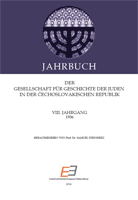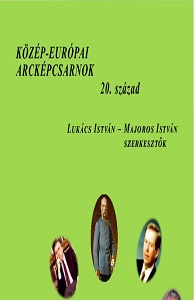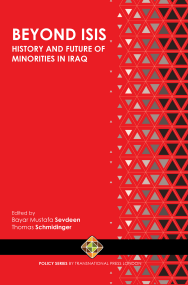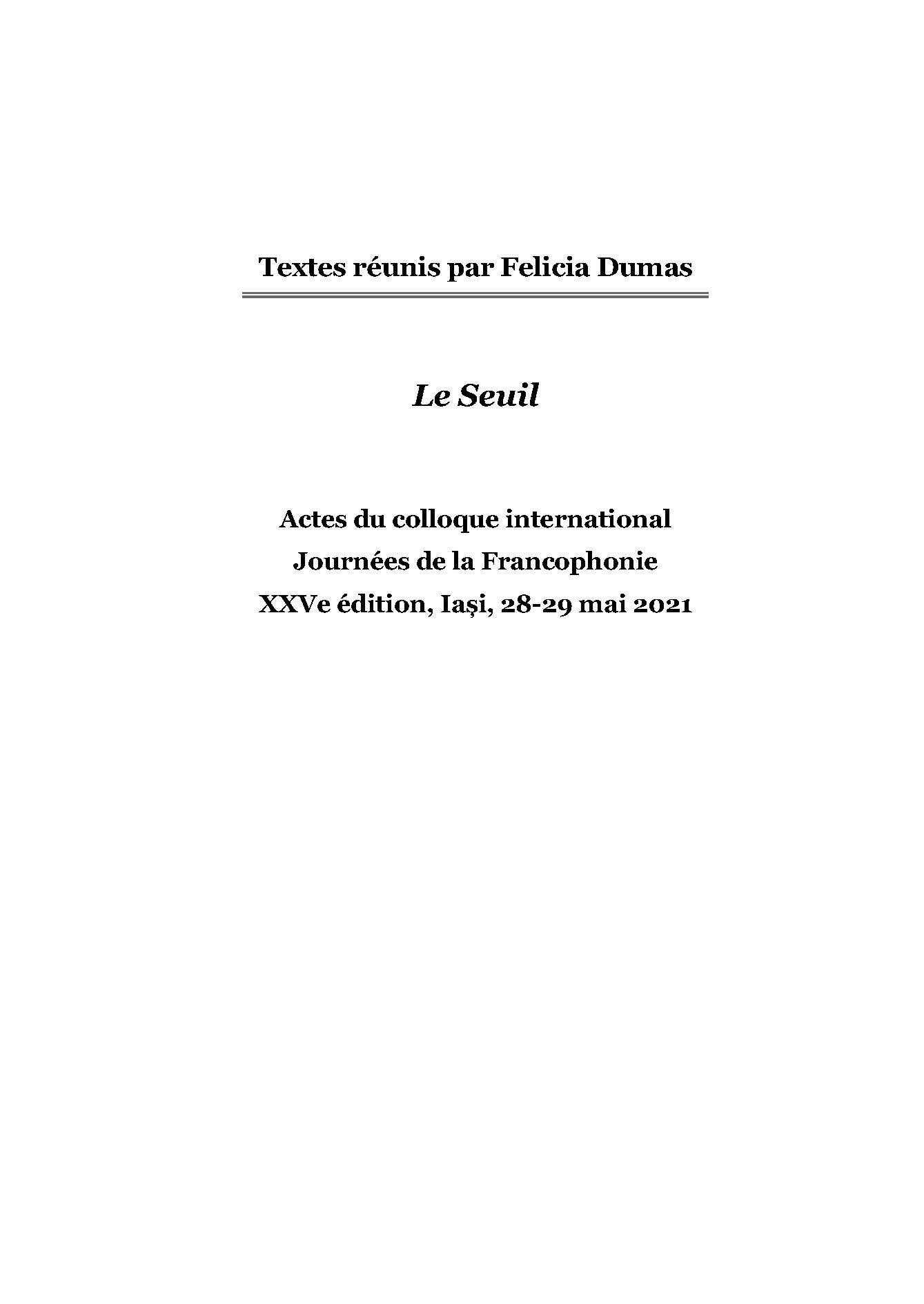
We kindly inform you that, as long as the subject affiliation of our 300.000+ articles is in progress, you might get unsufficient or no results on your third level or second level search. In this case, please broaden your search criteria.







Arthur Schnitzler was one of the most prominent representants of the so-called „Jung Wien”, i.e. the group of Vienna intellectuals, writers and artists around 1900. His dramatical and narrative works demonstrate characteristic traits, social, intellectual and aesthetical problems, and figu-res of the late k.u.k.-Monarchy, and although he was often considered as an author contributing to the „Habsburg myth”, he had a very sceptical and critical view about his time and the Vienna society of the turn of the century. Schnitzler’s works account i.a. for the ’language crisis’, the crisis of personality in a very special manner, and in his novellas he introduces experimental narrative tools (e.g. multiperspectivism, interior monologue, unreliability) which makes him to a prominently modern author.
More...
The Karaites are one of the religious communities erased from the memory of Iraq. Today hardly anybody in Iraq remembers this centuries-old religious community rooted in the Abrahamic faith of Islam, Christianity and mainstream Judaism. Multiple marginalisations resulted in nobody ever telling the story of the last Karaites in Iraq. The isolated and rural community in the town of Hīt in Anbar did not have any intellectuals to document their history. Later, Karaite Jews became a minority among the rabbinic Jews in Israel and the Iraqi Karaites were even a tiny minority within the minority of the Karaites of Israel. Without anyone interested in their history, even the second generation in Israel did not think that the stories of their parents and grandparents would be worth recording and telling.
More...
Benjamin Fondane is a Romanian author which at the age of 25 left for France, where he became a renown philosopher and expert in aesthetics. This modification of geographical coordinates had a significant impact on the author: the threshold he has to pass is not only linguistical but also creative. His life there isn’t facile and has to face the French language, which he knew but only by means of reading. Fondane’s meeting with Shestov was an important event in his life in France; it is Shestov who insists that he should read philosophy and also encourages him to write philosophy. It is for this reason that Fondane’s French poetry, his philosophical essays and aesthetic studies bear, to a certain extent, the mark of Shestov. Shestov and Fondane are philosophers of mystery and metaphysical anxiety, of the suffering of the individual and of the dialogue between man and God – if Shestov continues on the path of religious thought, Fondane remains more firmly attached to the Jewish spiritual identity and this fact is quite apparent – all of his philosophical and poetic work confirms it.
More...